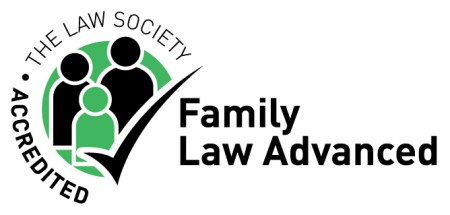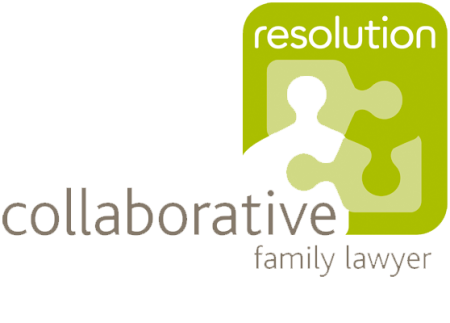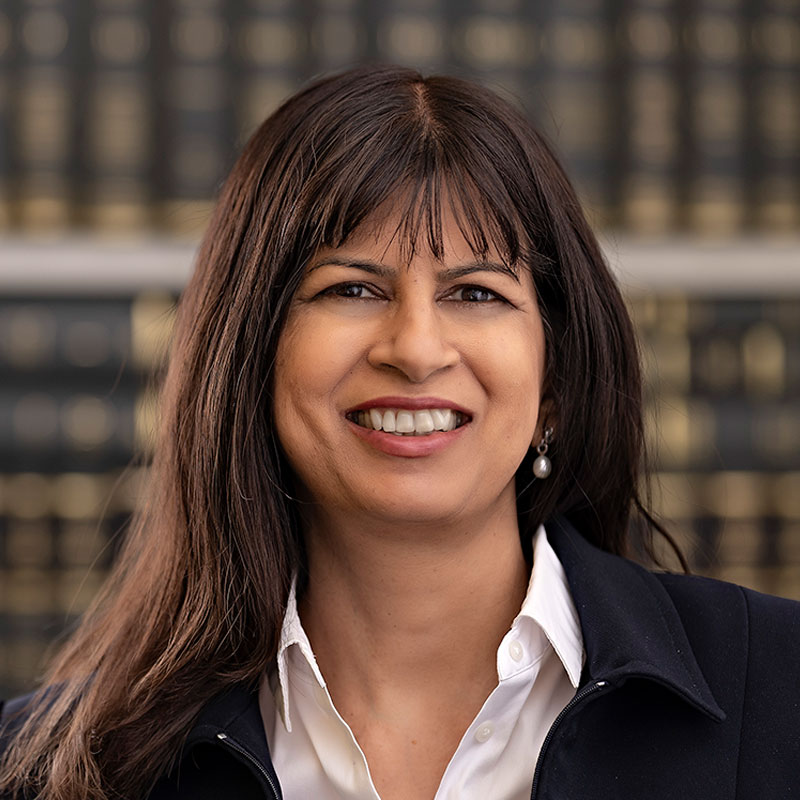Child Law Specialists
Doing what’s best for your children
When you are going through a divorce or separation you will want to do what is best for your children. The impact on the children of your relationship breakdown will be your biggest concern.
The children may be confused and worried and you might find it difficult to support them at a time when you are struggling with your own fears about the future.
We will listen to your concerns and we will give you practical advice on the best way to support your child or children at this difficult time.
Our family lawyers are members of Resolution and we also have experts who are Law Society Accredited and on the Law Society’s Family Law Advanced Panel.



-
Our approach
We will try and reach a satisfactory outcome on the arrangements for the children by negotiation. If we cannot reach a resolution by negotiation with your former spouse or partner, we will make a prompt referral to a mediator that we know and trust and, if necessary, to a mediator who has been trained in child consultations. If mediation breaks down or is not suitable, we will apply to the court for an appropriate order. Our approach will always put the interests of the child first.
-
When you might need to apply to the Court
If you cannot agree where your children should live or how much time they should spend with each of you, you can apply to the Court for a Child Arrangements Order – You might be more familiar with the terms “custody” and “contact orders”. Child Arrangements Orders have now replaced these terms and instead of custody you would be applying to the Court for a “live with” order. These orders are sometimes also called section 8 Orders as they are made under Section 8 of the Children Act 1989.
Decisions about your children’s health or their education – if you cannot agree which school a child should go to or what medical treatment he or she should receive you may need to apply to the court for a Specific Issue Order – also sometimes called a section 8 Order and applied for under the Children Act 1989. A Specific Issue Order is an Order asking the Court to make a specific decision for a child that would normally be made by the parents of the child with parental responsibility. All mothers and most fathers nowadays have parental responsibility for their children (ie their rights and duties towards their children.)
Removing a child from school – sometimes a parent will simply remove a child from his or her school without the consent of the other parent. We can assist you with the urgent reinstatement of your child to his or her school and seek a Prohibited Steps Order preventing your child from being removed from school again or from being removed from your care if appropriate. A Prohibited Steps Order prohibits a parent from taking an action prohibited by a Court Order (in the example given the parent would not be allowed to remove the child from his or her school again.)
Decisions about religious education – sometimes parents cannot agree on whether a child should have a religious upbringing and again if you cannot reach an agreement a Court can step in and make that decision for the parents of a child. If you found yourself in this position, we could apply to the Court on your behalf for a Specific Issue Order and the Court would decide if it was in your child’s best interests to have a religious upbringing.
Child abduction – if your child has been removed from your care without your consent, we can make an urgent application to the Court for a “Seek and Find Order ” (also known as a “Seek and Locate Order.”) The order is made under Section 33 of the Family Law Act 1986. This is an order directing someone who knows where your child is to disclose your child’s whereabouts. The order can made against an individual and even against a government department such as the Child Benefit Office if the person who has abducted your child is in receipt of child benefit for example.
Sometimes even if your child has been located the parent who has abducted your child will refuse to return him or her to your care. If that were to happen, we could apply urgently to the Court for an Order under section 34 of the Family Act 1986. This is an Order instructing the police to recover a child using reasonable force if necessary.
Holidays or relocation outside the UK – if you wish to go abroad to live with your child you must have the permission of your former partner or spouse. If you cannot get that consent, to avoid breaking the law, you would need to apply to the Court for the Court’s permission to take the child abroad. We can assist you with such relocation application. Alternatively, you might need to defend an application for leave to relocate and we can advise you on this also.
If your former partner or your spouse will not allow you to take your child abroad on holiday we can apply urgently to the Court on your behalf for a Court Order giving you permission to take your child abroad and for an order releasing the child’s passport to you for that holiday.
Some parents may want to take their child abroad to a country that is not safe. Again, we can apply urgently to the Court for an order preventing the removal of your child from the country.
Grandparents rights – grandparents have rights too. If you are a grandparent and your son or daughter will not allow you to see your grandchild, you may be able to apply to the Court for an order allowing you to see your grandchild. You would need to seek the Court’s permission first and we can guide you through this Court process.
Financial support for a child – in appropriate circumstances if you were in a cohabiting relationship that has broken down you may be able to apply for housing, school fees and/or lump sum payments for a child living with you. These are sometimes called “Schedule 1” applications as they are made under Schedule 1 of the Children Act 1989.
In the case of an older child over 18 if he or she is still in education or training for vocational qualification you may be able to apply for a Court Order for payment towards university fees.
An older child can also make his or her own application to the court for financial assistance from a parent if they are in education.
Change of name – A child may have his or her mother’s or father’s surname only. Upon separation this can be an issue particularly if the child has his or her father’s surname and the mother has reverted to her maiden name. A parent may want their child to carry their surname to maintain their child’s sense of identity and who they are. In the absence of any agreement on this issue we can assist you in an application to the Court for a Specific Issue Order for the court to decide on the change of a child’s surname.
-
The Court’s checklist when deciding on what order (if any) to make
The Children Act 1989 provides guidelines for judges to consider when deciding on the child’s welfare and these are:
- The wishes and feelings of the child
- The child’s physical, emotional, and educational needs
- The effect on the child if circumstances changed
- The child’s age, sex, and background
- Whether the child is at a risk of suffering harm or has already suffered harm
- Whether the child’s parents can meet the child’s needs
The welfare of the child will always be of paramount importance to the Court and in all the advice we give you and all court applications we make on your behalf we will take account of this underlying principle so that you have the best prospects of reaching a resolution that a Court would support.
-
Examples of our experience
A successful application to the Court on behalf of a mother allowing her to relocate outside of London with her children.
The children’s father was adamantly opposed to the move.Obtaining specific issue and prohibited steps orders on behalf of a father whose 13-year-old daughter was not returned to his care after spending the weekend with her mother.
When the mother refused to comply with the Court Orders and disappeared, we applied urgently to the Court again for an order that the police find the missing child. The police were able to retrieve the child and return her to her father’s care.Successfully defending serious allegations of abuse made by mother against a father which were eventually dismissed by the Court.
We applied back to the Court a second time to seek enforcement of the Court Order allowing the father to spend time with his children when the mother refused to comply with the Order.
Contact Us
Saika Alam Partner - Head of Family Law
+44 (0) 20 7851 0110





